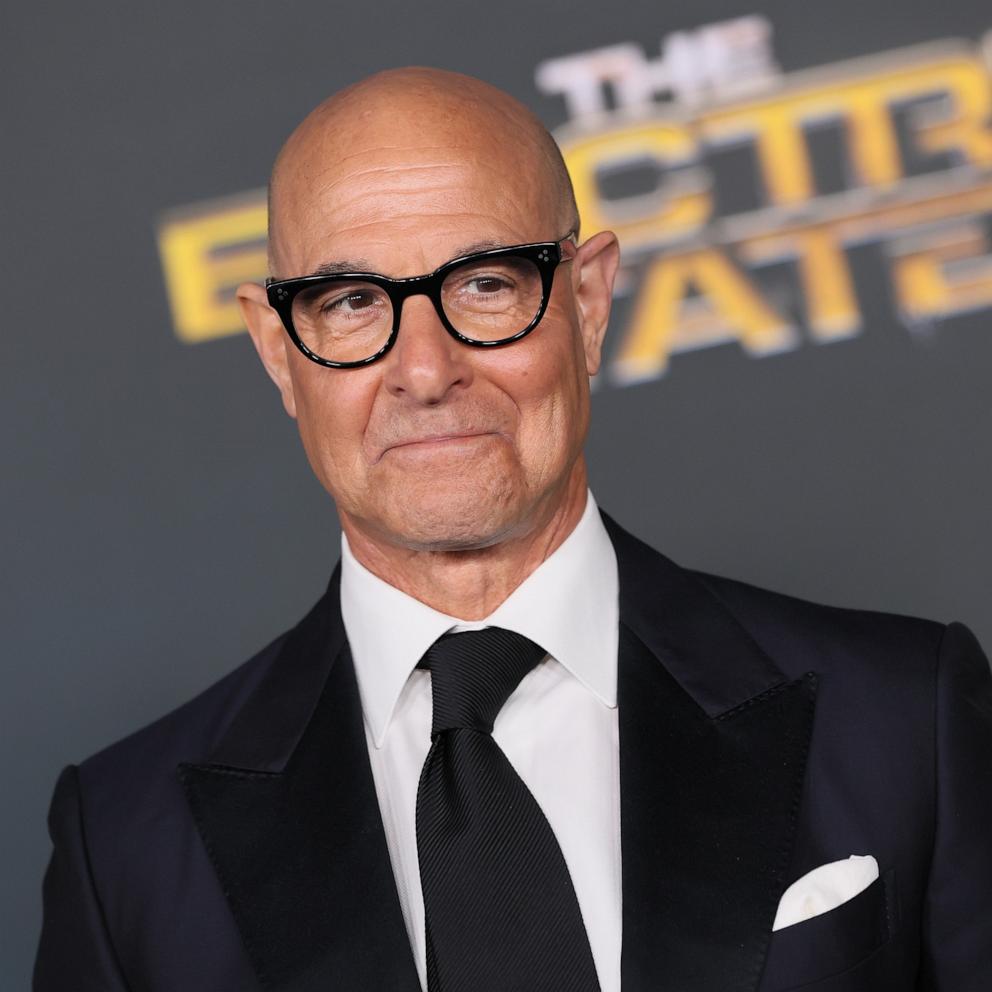Dallas Cowboys cheerleader speaks out after performing without wig
Dallas Cowboys cheerleader Armani Latimer is speaking out after she shared a video clip of herself performing at a Cowboys game with a bald head, a moment that went viral.
The 26-year-old from Anderson, South Carolina, has alopecia areata and typically cheers publicly while wearing a wig. During this week's Monday Night Football game, however, she decided to cheer without one, dancing confidently on the field alongside her teammates.
Latimer's joint video post with the official Dallas Cowboys Cheerleaders Instagram account has garnered over 375,000 likes and over 5,000 comments, sparking a conversation about the autoimmune disease.

According to the National Institute of Arthritis and Musculoskeletal and Skin Diseases at the National Institutes of Health, alopecia areata is a condition where hair follicles are attacked by the body's immune system, causing hair loss. The disease causes patches of hair loss throughout the body but typically affects the face and head.
"Researchers do not fully understand what causes the immune attack on hair follicles, but they believe that both genetic and environmental (non-genetic) factors play a role," NIAMS states on its website.
Alopecia can affect anyone. According to NIAMS, for many people, "hair grows back without any type of treatment. For people with milder cases, no treatment may be needed. Some people with severe cases choose to decline treatment as well, and may instead consider products that hide hair loss, such as hairpieces or wigs."
"Medications called Janus kinase (JAK) inhibitors are approved to treat adult patients with severe alopecia areata," the institute states. "In addition, medications that have been approved for other conditions may be used to treat the disease."
Latimer opened up about her personal journey with alopecia, a condition with which she was diagnosed at the age of 12, in an interview with ABC News this week and discussed why she was emotional before heading out onto the field and what led her to perform without her wig.
"I always knew that I wanted to eventually dance in some capacity without my wig, just to make [alopecia] not a stigma anymore," Latimer said. "I just wanted to take it a step further, wanted to get the conversation out there a little more, and I thought, well, what better way than to go out on the field and just show the world who I am?"
Latimer, who was caught on camera wiping away tears before she stepped onto the field, said she was surprised she became so emotional.
"I knew I had a lot of emotions inside, but the main one that I was feeling was excitement right before we went out," Latimer recalled.

"There's a lot of people that you know they're gonna say, 'I look up to you,' 'You're a role model,' and that kind of weighs heavy on you," she continued. "And I think just the emotions from that, from knowing that it was going to make an impact on people, those were the emotions that you were seeing, and also just the love of my teammates."
Latimer said in the past, before she lost her hair completely, she would wear hair extensions, such as sew-ins, weaves and wigs, and she danced with a wig as a Dallas Cowboys cheerleader. She said she woke up one day during her second season with the team and completely lost her hair before a wig appointment.
By her third season, Latimer said she decided to share her diagnosis with her fellow Dallas Cowboys cheerleaders and decided to make the condition a cause she would champion as a public figure.
"They immediately accepted me for who I am," Latimer said of her teammates' instant support. "The amount of love and support that I received from them was really special to me, because we see each other so often ... their support meant the world to me."
Latimer said she hopes by speaking out about alopecia, she can also help break some of the stigma fellow Black women face when it comes to their hair.
"There's a lot of stigma in history that involves our hair. So, I think even with the support that I had, the extra layer of being a Black woman without hair was always there," Latimer said.
"If you were a little Black girl and you didn't have a whole lot of hair, then you were kind of made fun of," she said of the climate she grew up in. "So I think all of those memories from when I was younger kind of came flooding back into my brain in that initial moment of losing all of my hair. So that's something that I've had to work through as well."
At the same time, Latimer said she wanted to also celebrate differences and raise awareness about the power of making an impact.
"Just because you're different, just because you may look a certain way or you're going through something in your life personally, don't let that hold you back from going out and trying out for your dream team [or] achieving your goals," Latimer said.







